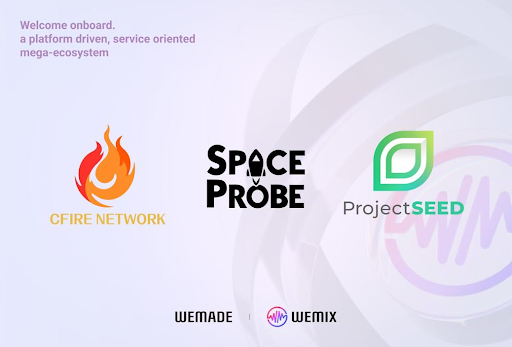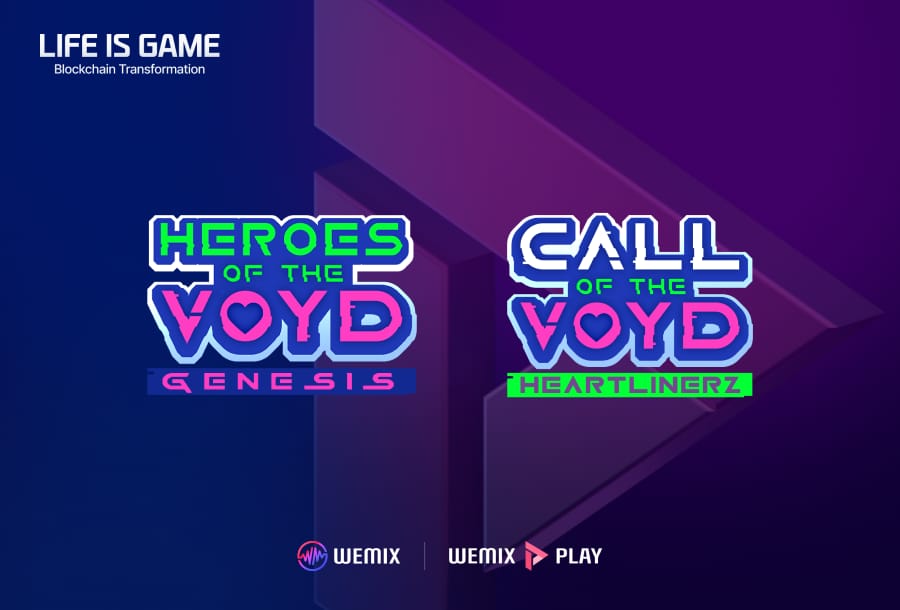Riot Platforms, formerly known as Riot Blockchain, recently took legal action against Bitcoin miner Rhodium Enterprises.
The cryptocurrency mining company filed a lawsuit in Milam County District Court in Texas, alleging that Rhodium failed to pay $26 million in hosting fees for Riot’s services.
Riot’s Q1 2023 financial report states that Rhodium “deliberately miscalculated” the amount owed.
According to former Riot Blockchain, Rhodium failed to pay $26 million to crypto company
The agreement between Riot Platforms and Rhodium involved sharing the net income generated from Rhodium’s mining operations at Whinstone’s facilities.
Whinstone is a wholly owned subsidiary of Riot. However, according to the lawsuit, Rhodium wrongfully retained $26 million from Whinstone between 2021 and the first quarter of 2023.
Riot Platforms’ decision to take legal action demonstrates its commitment to protecting its financial interests and ensuring fair compensation for its services.
The legal action aims to resolve the dispute over unpaid hosting fees and to hold Rhodium accountable for its alleged misconduct.
This legal dispute highlights the potential challenges and complexities of the cryptocurrency mining industry. As cryptocurrency mining has grown in popularity and profitability, so has the number of companies entering the industry.
Agreements and partnerships are often formed between mining companies to leverage each other’s resources and expertise. However, such agreements can lead to disagreements and conflicts if not managed properly.
In the case of Riot Platforms and Rhodium Enterprises, the lawsuit raises questions about the calculation and transparency of hosting fees.
Clear and agreed terms between the parties are crucial to avoid misunderstandings and disputes in business dealings in the cryptocurrency industry.
The outcome of this lawsuit will likely have implications for both Riot Platforms and Rhodium Enterprises.
If the court rules in Riot’s favor, Rhodium could be required to pay the $26 million in arrears and potentially face additional penalties.
On the other hand, if Rhodium successfully defends itself against the charges, the company would be relieved of the financial burden and reputational damage.
The lawsuit could have a financial impact for both companies
Investors and stakeholders of Riot Platforms will closely follow the progress of the lawsuit, as it could impact the company’s overall financial performance and reputation.
Litigation can create uncertainty and affect market sentiment, resulting in fluctuations in the company’s stock price.
For the broader cryptocurrency mining industry, this case serves as a reminder of the importance of conducting thorough due diligence when entering into agreements with other companies.
Clarity, transparency, and accountability should be priorities to avoid potential disputes and protect the interests of all parties involved.
It is not yet clear how Riot Platforms and Rhodium Enterprises will resolve their differences.
Whether it is a negotiated settlement or a court decision, the outcome of the lawsuit will determine the future dynamics of their relationship and set precedents for similar disputes within the crypto mining industry.
The lawsuit filed by Riot Platforms against Rhodium Enterprises comes at a time when the cryptocurrency mining industry is experiencing significant growth and an evolving regulatory landscape.
Cryptocurrencies such as Bitcoin have surged in popularity, attracting both individual miners and large-scale mining operations seeking to capitalize on the potential of the digital asset.
Riot Platforms, based in the United States, has positioned itself as a major player in cryptocurrency mining.
The company operates mining facilities, including the Whinstone facilities, which are among the largest Bitcoin mining sites in North America.
These facilities house a large number of mining rigs that solve complex mathematical problems to validate transactions and protect the cryptocurrency network.
Riot Platforms’ allegations against Rhodium Enterprises highlight the potential risks and challenges inherent in such partnerships.
In particular, the calculation and payment of hosting fees require precise agreements and transparent accounting practices. Disputes can arise when the parties involved have different interpretations or intentionally manipulate calculations to their own advantage.
The outcome of this lawsuit could not only affect the financial situation of the companies involved, but also have broader implications for the cryptocurrency mining industry.
It could cause companies to reevaluate their contractual agreements and provide more guarantees to avoid similar problems in the future.
In addition, this case draws attention to the importance of regulatory oversight in the cryptocurrency industry.
Governments and regulators around the world are increasingly scrutinizing the industry to ensure compliance with anti-money laundering (AML) and know-your-customer (KYC) regulations.
Legal disputes such as the one between Riot Platforms and Rhodium Enterprises underscore the need for a robust regulatory framework to protect the interests of all stakeholders and promote trust in the market.
The cryptocurrency mining industry has faced its share of challenges, including environmental concerns about energy consumption associated with mining operations.
As the industry has grown, sustainable practices and the use of renewable energy sources have become key considerations. Companies like Riot Platforms are under pressure to adopt greener solutions to mitigate the environmental impact of their operations.
This lawsuit serves as a reminder that ethical business practices and sustainability must take priority along with profitability.







